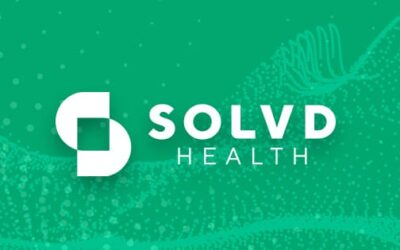News Release
Management Solutions for Opioid Epidemic Are Similar to Management of the COVID-19 Pandemic
Pharmacy Times® interviewed Keri Donaldson, medical director and CEO of Prescient Medicine, about the effects of the COVID-19 pandemic on the opioid epidemic in the United States.
The discussion included how the opioid epidemic in the United States has been affected by the COVID-19 pandemic, how exacerbating mental health problems during the pandemic may lead to increased challenges, whether national efforts to address the opioid epidemic have changed during the pandemic, whether any current efforts to support those affected by the pandemic are also supporting those affected by the opioid epidemic, and why it is necessary to develop effective public health solutions to help manage the opioid addiction crisis.
Donaldson explained that there are many similarities between the COVID-19 pandemic and opioid epidemic in terms of practical solutions.
“The first thing is making sure that you can treat it. Making sure that you have the hospital beds, making sure you have the ventilators—that same analogy [works] in opioid use disorder when we’re making sure people have access to treatment programs and making sure they have safe places to live,” Donaldson said.
He noted that similarly to the COVID-19 pandemic, the next portion of the solution is prevention.
“As we live through this process, you’re seeing people talk about increased testing, increased surveillance, contact tracing, and then as we roll back even further, god willing, we’re going to get to this point where we’re talking about, ‘Okay what about a vaccine?’ And that’s prevention on a public health scale for COVID-19,” Donaldson said. “That same equivalent in opioid use disorder is understanding who’s most at risk and making sure we standardize the process so that each individual is informed—the patient, the provider, the prescriber, and the pharmacist—prior to prescribing so they can objectively understand if a patient has an increased risk prior to filling that first medication.”
Donaldson also discussed how racial disparities have come into play in the opioid epidemic to exacerbate current disparities even further, how obtaining data can clarify the nature of these racial disparities within the opioid epidemic, what pharmacies can do to support the process of addressing the opioid epidemic during COVID-19, what the value of a pharmacist is in supporting communities affected by the opioid epidemic, and what changes are needed in the future for the country’s response to the opioid epidemic.



